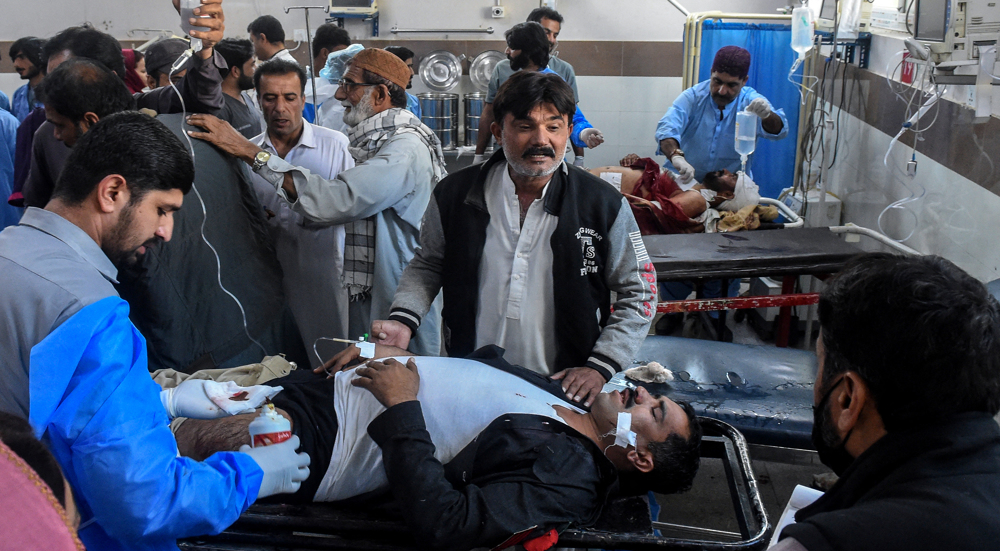HRW urges Pakistan to curb rights abuses against Afghan refugees
Human Rights Watch (HRW) has called on Pakistan to respect the rights of Afghan refugees, demanding an extension to the displaced people’s legal residency status until at least the end of 2018.
The New York-based rights organization said in a report released on Saturday that the uncertain residency status of Afghans living in Pakistan has led to police harassment, detention and extortion.
The report was released a week after the Pakistani government prolonged registered Afghan refugees’ Proof of Residency (PoR) cards for six months until June 30, 2016. The PoR cards, which recognize their holders’ status as Afghan citizens temporarily residing in Pakistan, had expired on December 31, 2015.
Phelim Kine, HRW’s deputy Asia director, said Islamabad’s move “reduces Afghan refugees’ insecurity, but the government also needs to stop police abuse of refugees.”
“Pakistan could reduce police abuses by extending residency cards for Afghan refugees,” Kine said, adding, “A two-year extension both sends the message that refugees shouldn’t be pressured to go home and would give officials time to work out resettlement ... and other longer-term solutions.”

A total of 2.5 million Afghan refugees are currently living in Pakistan, among them some 1 million undocumented, according to the United Nations High Commissioner for Refugees (UNHCR).
Afghanistan is gripped by violence and insecurity years after the United States and its allies invaded the country in 2001 as part of Washington’s so-called war on terror. Although the offensive overthrew the Taliban, militants are still continuing their deadly attacks across the Asian state.
Many people have fled Afghanistan over the past years of war, with a majority of them taking refuge in neighboring Pakistan.
Terrorist attacks in Pakistan over the past months have triggered a violent crackdown on Afghan nationals suspected of harboring militants.
Jordan sentences former lawmaker for supporting Palestinian resistance
Basij volunteer forces hold massive drills in southwestern Iran
Israeli war criminals 'not welcome', US city says after ICC ruling
US vetoing of Gaza ceasefire resolution ‘disgraceful’: Iran’s UN envoy
VIDEO | IAEA adopts anti-Iran resolution tabled by E3
VIDEO | Iran's president urges Pope to help end Israel's onslaught in Gaza
Iran's senior legal official: ICC arrest warrant for Netanyahu ‘great victory'
Nov. 21: ‘Axis of Resistance’ operations against Israeli occupation















 This makes it easy to access the Press TV website
This makes it easy to access the Press TV website